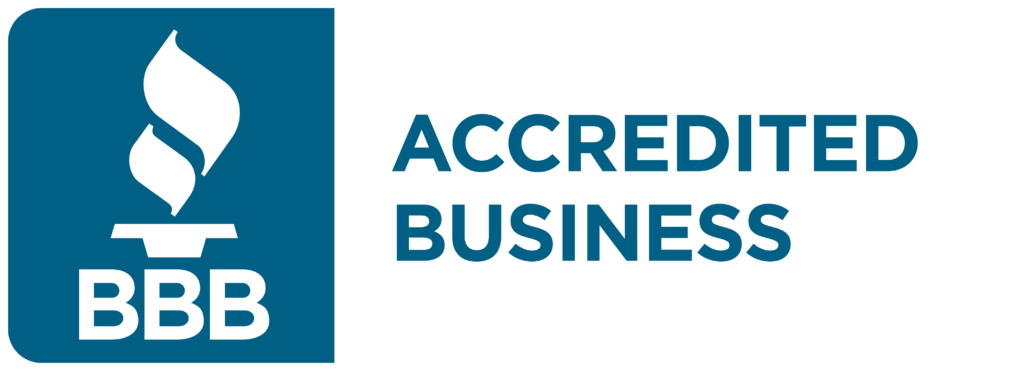
BEWARE OF SCAMMERS
AND FAKE BUYERS
As the demand for convenient all-cash home buying services continues to rise, so does the number of home buying scams. DO NOT BE SCAMMED!
“Real estate fraud is one of the fastest-growing scams across the country,” FBI Special Agent Siobhan Johnson told “ABC News” in Chicago. In recent years, the FBI reports a 42% increase in the number of real estate crimes as scammers specifically target home sellers and buyers.
7 COMMON HOME SCAMS TO AVOID
1. Signing a Power of Attorney (POA).
Signing a Power of Attorney (POA) in real estate transactions can be risky if it is not clear what it is to be used for. There’s a significant possibility of misuse, including unauthorized property sales or fraudulent activities if it is not written appropriately. There are instances where a Power of Attorney can be appropriate, but there will be special wording to ensure it cannot be used for other purposes than designed.
2. The Buyer may not be the actual buyer.
Most people making unsolicited offers don’t actually close themselves. Most “buyers” are wholesalers that get houses under contract and then look for buyers to take over the contract for a marked up price. Most wholesalers pocket a $15,000 markup.
3. You cannot find info about them via internet searches.
A reputable service will have a strong online presence (i.e., a digital footprint). A complete lack of online information should be a red flag. Check the buyer’s online reviews and search opinion forums.
4. They apply extremely high-pressure sales tactics.
“This offer will expire”, “final price”, “make a decision now” — watch out for this language used in high-pressure sales tactics. Cash buying scams will call, email, and text constantly. They’re trying to overwhelm you with information and not give you time to think logically about the situation.
5. You’re unable to verify proof of funds.
A buyer without a preapproval letter, or a cash buyer who can’t provide proof of funds, could be trying to scam you. Ensure the name on the proof of funds is the same name as the person on the contract.
6. If the “buyer” has no references or is a wholesaler.
Investors that are above board have references and reviews from past transactions. Working with a wholesaler trying to sell the deal to someone else is often risky for sellers because your “buyer” may not be able to close if they can’t find an investor. The closing is often dragged out while they market your house to investors, and the new buyer may need their own inspections.
7. The buyer exhibits unprofessional behavior.
A home sale is an expensive transaction, one with a defined process and built-in checks to identify fraud. A buyer exhibiting unprofessional behavior — anything from screaming at you on the phone to nasty emails — could be trying to scam you. Their harassment could push you to make unwise decisions just to make them go away.
WHY SHOULD
YOU TRUST
RESTORATION
HOMES?




